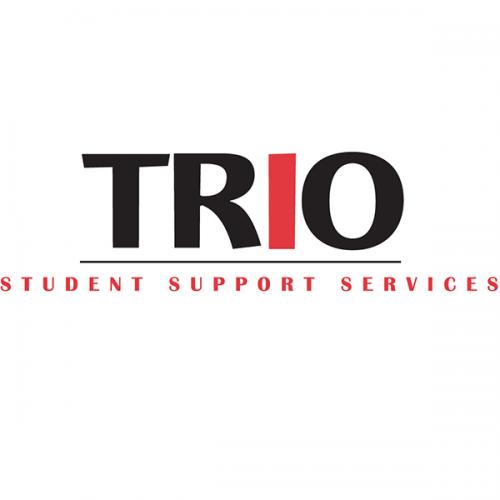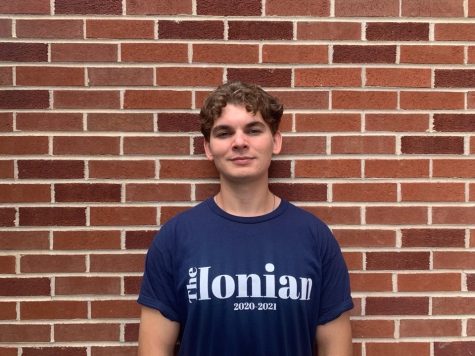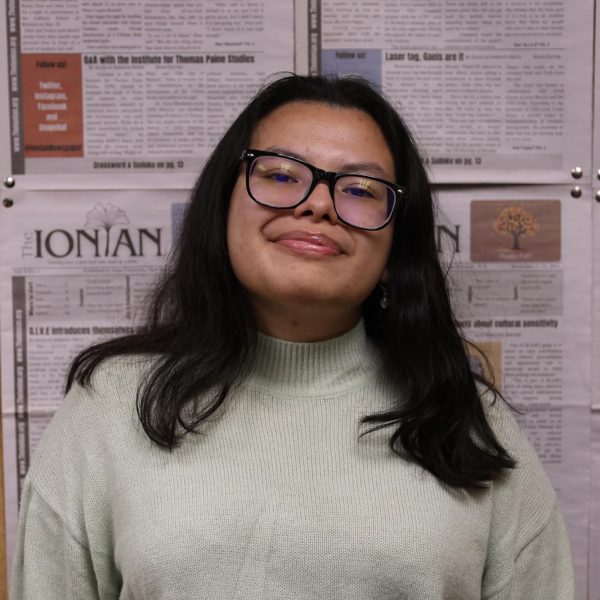TRIO program welcomes new and returning students

January 27, 2022
On Tuesday, the TRIO support services held its spring open house. The program open its doors for perspective and current scholars to learn what the TRIO program has planned for the upcoming semester. Additionally, students were able to meet the program’s new director Melida Chen, who started in high school admission counseling.
GT: What made you come to Iona?
MC: “I just moved to the city from Indiana not long ago. My husband has family in the city, and I saw this opening as my way to continue to work with first generation and low-income students. As a first-gen myself from a low-income background, I saw the opportunity to come to help students graduate from college. Being in the TRIO program, I know the impact it has on other students. So, coming to Iona, I saw it as opportunity to work with a smaller population being that we are funded to serve 140 students to help graduate. At my old institution, it was much larger; I could not get to do that one-to-one mentorship.
GT: How do you guys have plans moving forward? We are a smaller student body, how do you plan on opening the door to get students involved, to get them on the first step?
MC: “I think that’s where we can have more open houses or more open events for students to learn more about the program. We want to be known on campus more as a family rather than an academic program. I want more students to feel comfortable asking questions they do not want to ask their advisors or their professors or help us connect them with their advisor and professors, making sure that on campus that we are known as a program that is willing to help every student that comes through those doors.”
GT: Since you have being doing this for a little, what has been the most rewarding about TRIO services?
MC: “It is always the relationship that you built with students. It is always seeing them and knowing them. They come into this space, and they are like ‘this is where I can decompress, or I can do my homework or ask any questions.’ But it is really about the relationships you built with the students once they walk through that door that they are comfortable about talking to you and to be in this space.”
Beginning in the 1960s, TRIO started with the Upward Bound which was part of the Economic Opportunity Act of 1964 as a response to the Johnson administration’s War on Poverty. In 1965, a second program, Talent Search was created as part of the Higher Education Act. In 1968, Student Support Services, which was initially called Special Services for Disadvantaged Students, became the third in a series of educational programs. Later in the decade, the term “TRIO” was created to refer to these programs. Since then, TRIO has expanded and offers students many opportunities to succeed in higher education.
The program is dedicated to the support of students in academic goals. TRIO offers numerous services to ensure academic success such as career mentoring, advisement, financial assistance and grad school application assistance. Its goal is for its students to reach their fullest potential. To be eligible one must be from a low-income household and/or a first-generation college student whose parent/guardian did not graduate from a four-year institution and/or a have a documented disability.
Located at Amend Hall 104, the TRIO support center is accessible for students throughout the day. Through Monday to Thursday the support center is open from 9 am to 5 pm. On Fridays, the support center closes an hour earlier. The support center serves as a place for workshops, advising, and a quiet place for students who want somewhere to work.
Additionally, TRIO scholars have several responsibilities. Students must attend 3 minimum meetings, which include one career workshop, one financial literacy workshop and one cultural activity. The TRIO team strongly asks that scholars maintain communication throughout the school year.
In the upcoming months, scholars can look forward to several planned events. In February, the program will host Creating Your Vision, Email Etiquette, and Time Management with the Rudin Center, and Budgeting 101. In March, Understanding Your Financial Aid Notice will take place on the 20th. Finally, in April Graduate School with Dean Brunck and Study Skills with the Rudin Center will take place. All events will take place during activity hour.
To contact TRIO services email [email protected] or Program Director Melida Chen [email protected].








